Frontier Markets Weekly, July 8th 2023
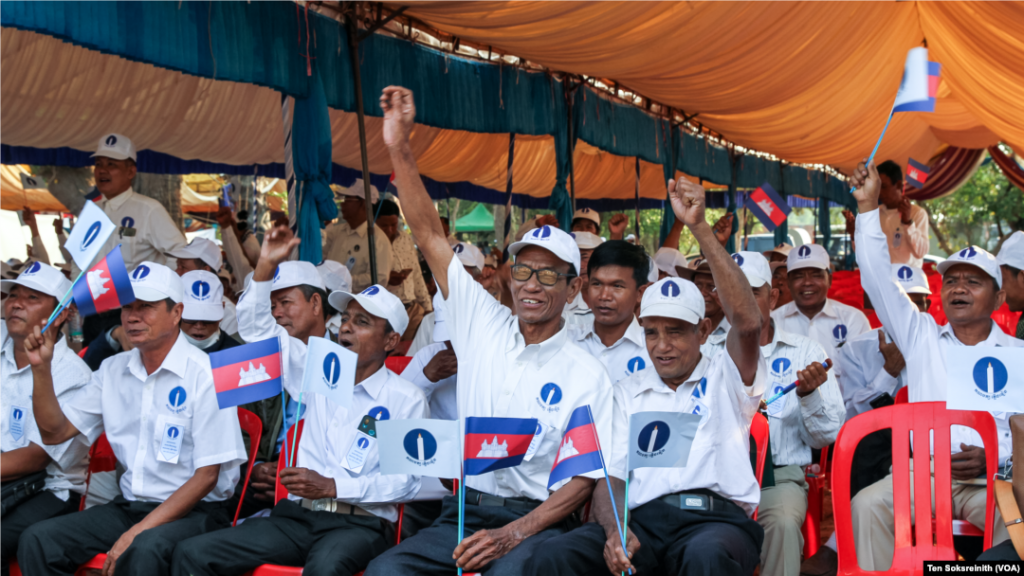
Welcome to the latest edition of Frontier Markets News. As always, I would love to hear from you at dan@frontiermarkets.co with news ideas, feedback and anything else you find interesting.
Sent this by a friend? Sign up at FrontierMarkets.co to receive FMN in your inbox every week.
By Dan Keeler, Ken Stibler, Noah Berman and Nojan Rostami
Africa
Senegal’s president says he will not run for third term
Senegalese President Macky Sall said this week his current presidency would be his “second and last term.” The announcement, delivered in a Facebook video, effectively ended months of speculation about whether or not he would run next year for a constitutionally dubious third term.
In his speech, Sall, who has been President since 2012 and imposed a two-term limit in 2016, said that his decision was in spite of the fact that the constitution granted him the right to run again.
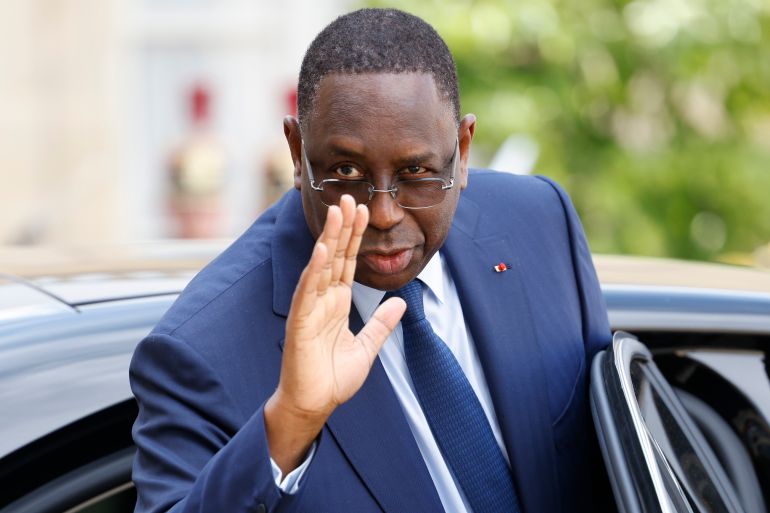
Deadly protests erupted last month after an opposition candidate was sentenced to jail and ruled ineligible to run in 2024’s presidential election, fueling rumors that Sall would run for a third term. Sall’s announcement that he will not is likely to quash fears of democratic backsliding in Senegal, which is widely viewed as a bastion of stability in West Africa, Al Jazeera reports.
Leaders of South Africa and DRC discuss trade and security
South Africa’s President Cyril Ramaphosa visited the Congolese capital Kinshasa this week for discussions with his counterpart President Félix Tshisekedi on tightening trade and security ties. The two leaders met a day after their governments reactivated a joint commission tasked with forming bilateral deals, Africanews reports.
The two leaders also took part in the DRC-South Africa Economic Forum, a conference that brought together about 100 business leaders from the two countries, the East African reports.
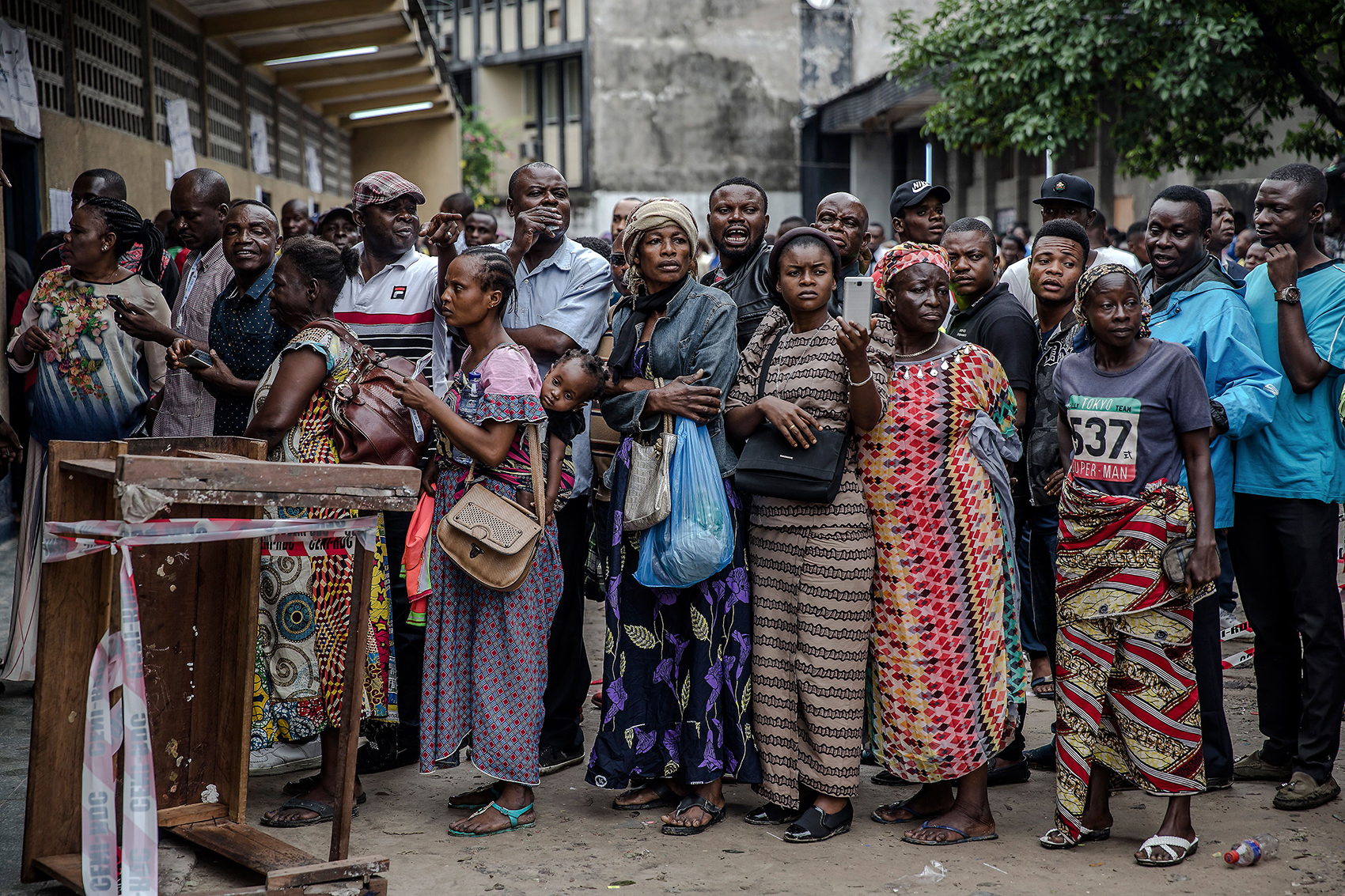
The official visit by Ramaphosa comes as the DRC prepares for general elections that are planned for December of this year. However, Tshisekedi, who took office in 2019 in the first peaceful transfer of power in DRC history, has hinted that he could delay the vote, according to the Council on Foreign Relations. The DRC has been battling instability in the country’s east, where rebels from the M23 militant group (at times backed by neighboring Rwanda) have been fighting Congolese soldiers for more than a decade.
Botswana resolves longstanding issues to seal diamond deal
After some five years of wrangling, Botswana has signed a deal with Belgian diamond conglomerate De Beers last weekend that will see the southern African nation receiving between 30% and 50% of diamonds mined by the company. The previous agreement, under which Botswana received 25% of diamond production, expired in 2020 but was extended several times amid fallout from the Covid-19 pandemic.
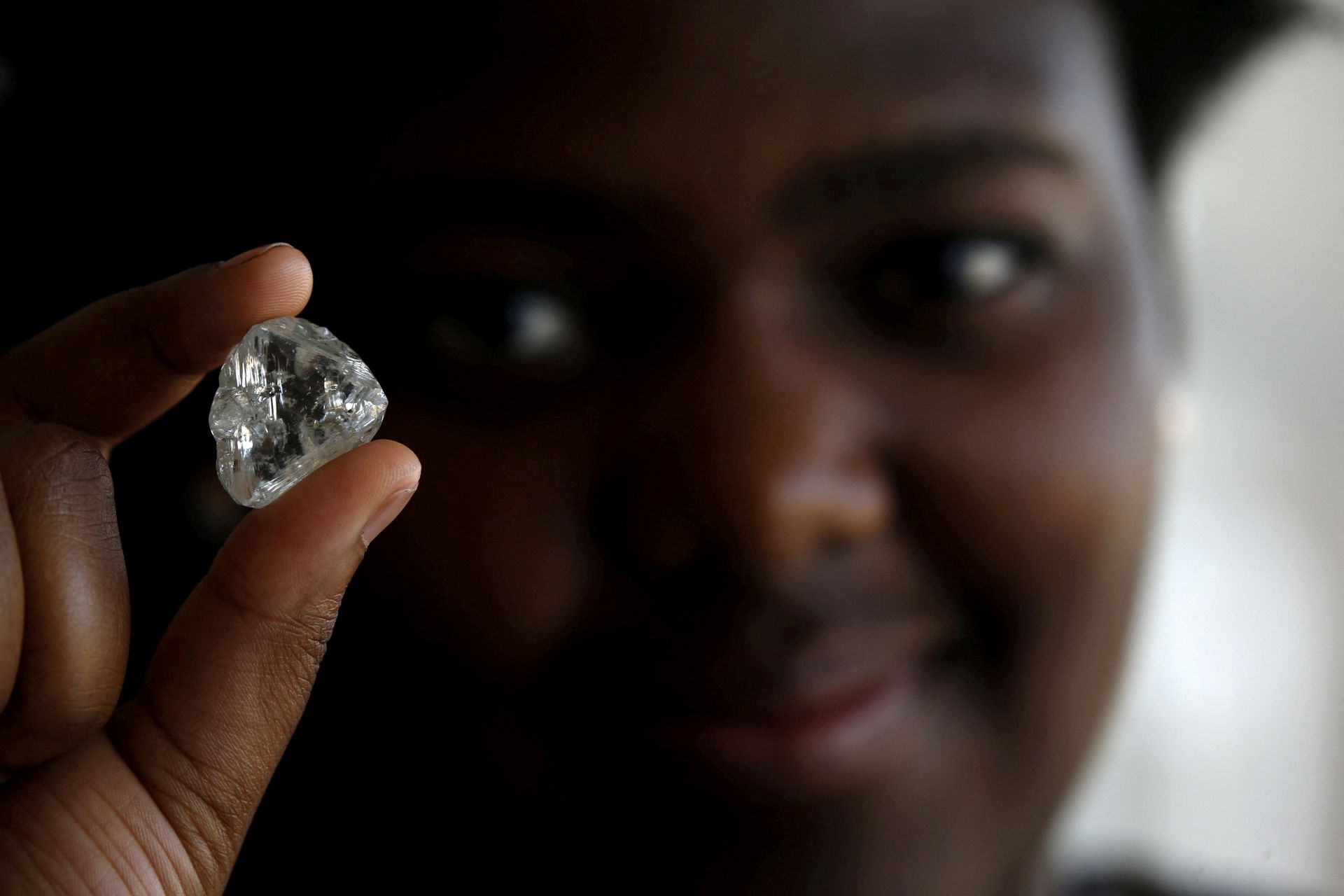
The deal has significant implications for Botswana’s economy and for the global diamond supply chain. Botswana supplies about 70% of De Beers’ rough diamonds, Reuters reports, and diamond sales generate 20% of Botswana’s GDP and two-thirds of its foreign currency receipts.
Under the terms of the previous agreement, Botswana had been receiving about $5 million annually from De Beers, Voice of America reports, a figure that could rise under the new agreement’s more Botswana-friendly terms. The deal also included a 25-year mining license extension, giving De Beers the right to mine diamonds there until 2054.
Podcast: Bill Sonneborn, IFC
The World Bank’s private-sector investing arm, the IFC, is pushing into deep-tech investing to help supercharge its efforts to support equitable and sustainable development around the world.

In our latest podcast we talk to Bill Sonneborn, the IFC’s director of disruptive technologies and funds, about green steel, AI, learning technology and opportunities for smaller emerging markets to benefit from breakthrough technologies.
Asia
Cambodian opposition politicians switch sides
Several politicians in the Cambodian opposition have defected to join the ruling Cambodian People’s Party ahead of general elections scheduled for later this month.
In May, the government ruled that Candlelight, the main opposition party, was not eligible to run in the elections scheduled for July 23 due to a discrepancy over paperwork. As the election approaches, an estimated 10%-15% of Candlelight Party’s leadership have defected, Voice of America reports.

The defections come amid a crackdown on political opposition by Cambodian Prime Minister Hun Sen, who has ruled the country since 1985. Earlier this week, the oversight board at Meta, Facebook’s parent company, recommended that Hun Sen be suspended from the platform for at least six months over violent threats he made to political opponents. He responded by quitting the social media site and threatening to block access to it in Cambodia, the BBC reports.
Indonesia and Australia join forces in EV parts push
During a state visit to Australia by Indonesian Prime Minister Joko Widodo, he and his Australian counterpart celebrated a number of new commercial deals in the health, mining and digital economy sectors, according to an Australian government press release. Those deals include an EV battery deal, CNBC reports.
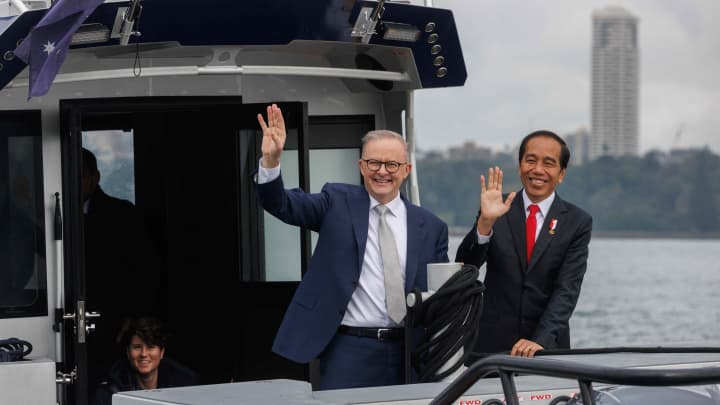
Australia is the world’s largest lithium supplier, and Indonesia holds the world’s largest reserve of nickel—both critical ingredients in EV batteries.
During the visit, Australia also announced a $33 million investment aimed at attracting private climate finance to Indonesia, which is also set to receive billions in assistance as part of a Just Energy Transition Partnership launched late last year.
Did someone forward this to you? Subscribe at FrontierMarkets.co
Middle East
Saudi Arabia deepens cooperation in Middle East petroleum politics
Saudi Arabia and Russia this week announced joint oil production cuts, satisfying a policy priority for Saudi Arabia, whose energy minister this week said that the two countries will do “whatever is necessary” to support the market.
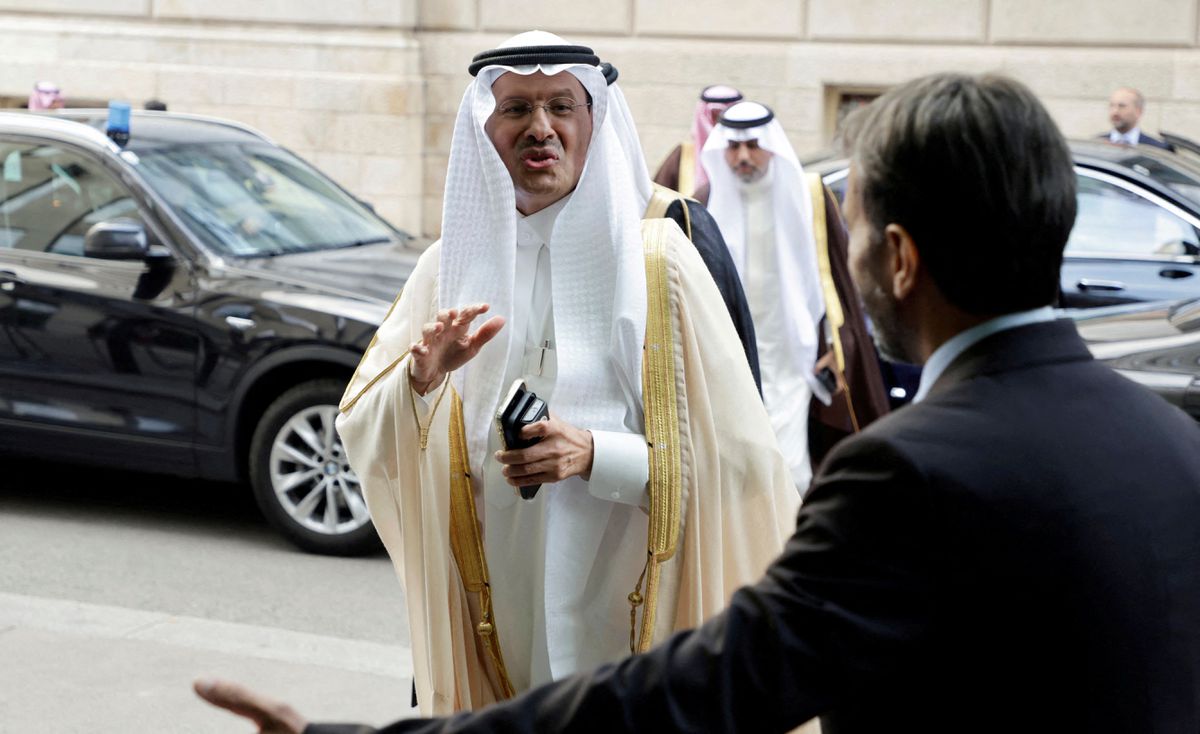
Saudi Arabia’s energy minister also met with his counterpart from Iran this week to discuss bilateral cooperation on “investment in the oil and gas industry and exploring the possibility of joint investments,” Reuters reports. However, also this week the kingdom’s foreign ministry jointly asserted with Kuwait exclusive rights over the Al-Durra gas field, rejecting Iranian claims to the area.
Kuwait’s increasing cooperation with Saudi Arabia comes as it announces plans to invest more than $300 billion in its energy industry by 2040. The investment is intended to increase daily oil production to 3.2 million barrels per day, and signals a commitment to continued fossil fuel investment.
Jordan seeks relief on energy debts and border crisis
A China-funded power plant in Jordan has left the kingdom with a potential $8.4 billion bill, exacerbating its debt problem and fueling tensions between the two countries, AP reports. Jordan is contesting its financial obligation over the Attarat plant in international court, claiming that the plant itself is obsolete as the energy it produces is no longer needed.
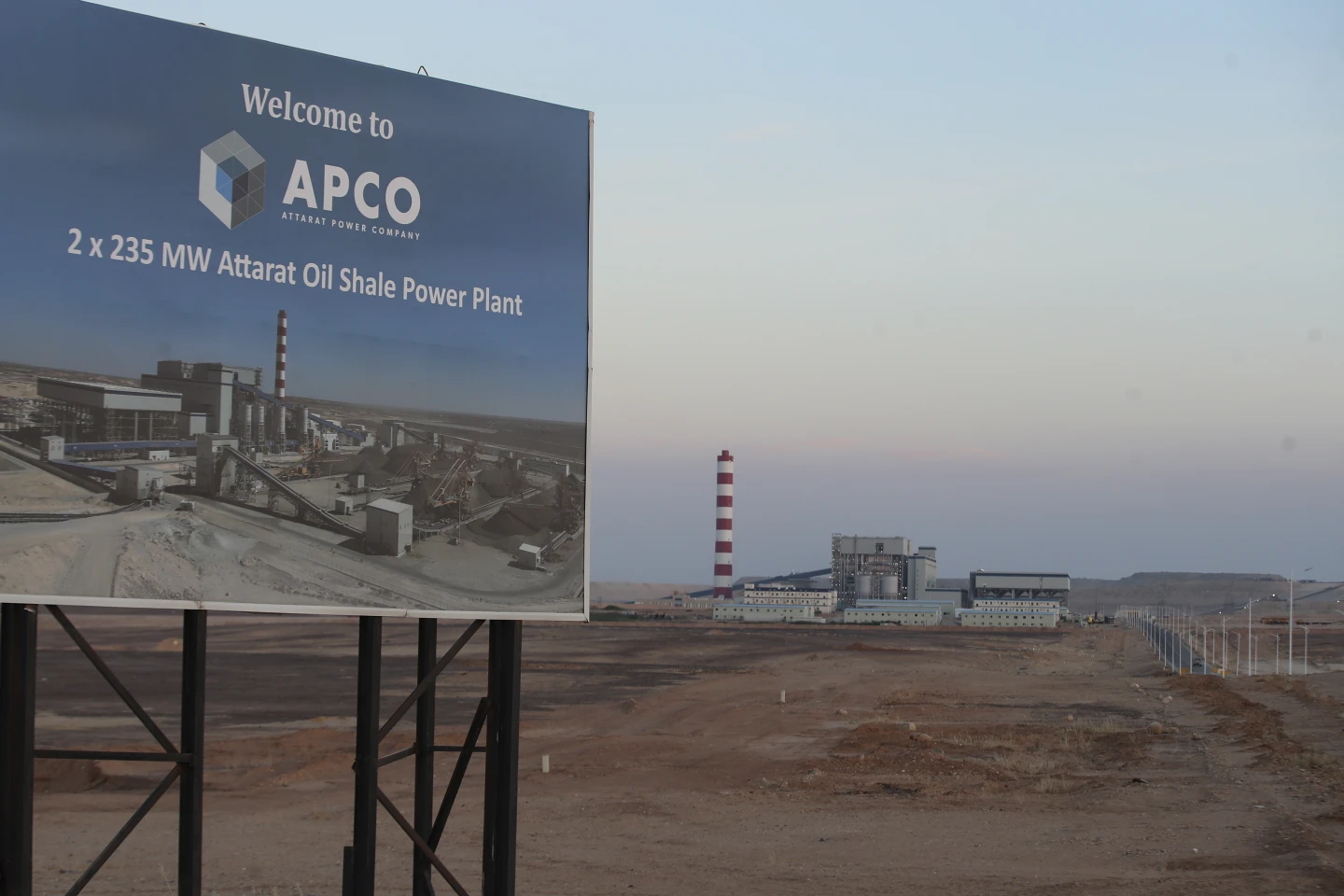
Jordan’s debt troubles come as it asks for further investment in Syria to resolve the cross-border spillover from Syria’s refugee and drugs crisis. However, further outside investment in the Syria crisis may be in question, as the UN authorization of aid deliveries to rebel-held northern Syria is due to expire on Monday.
Europe
International investors flood back into Turkish equities
Foreign investors are piling back into Turkish equities as markets digest the implications of recently reelected President Recep Tayyip Erdoğan’s revamp of his economic team. Around $1 billion flowed into the market in June, the FT reports, halting a six-month streak of outflows and highlighting investors’ optimism that newly appointed finance minister Mehmet Şimşek and central bank chief Hafize Gaye Erkan will focus on implementing ‘rational’ policies after years of unconventional measures.

A much weakened Turkish lira has added to the appeal of stocks for foreign investors, with the Borsa Istanbul (Bist) 100 index down about 20% this year in US dollar terms. From a valuation perspective, the market remains inexpensive, with the Bist 100 index trading at approximately five times expected earnings over the next year.
While some analysts are cautiously optimistic about the new economic team’s ability to roll back unorthodox policies and implement more orthodox measures, the increased interest in Turkish markets is primarily driven by tactical investors rather than longer-term strategic investors. Concern about a possible further decline in the lira’s value persist—among other risks—is tempering enthusiasm for long-term commitments.
Albanian exporters sweat as currency continues surge
The Albanian lek hit a record high against the euro this week, further squeezing exporters already suffering from the currency’s long, steady rise in value. As the currency hit 104 to the euro—up from 117 in January—the government moved to ease exporters’ pain with a raft of fiscal measures including faster VAT refunds and prepayment options for taxes.
Albania’s central bank says it has no plans to step in as an inflow of euros from tourism, foreign investments, property purchases by non-residents and remittances is fueling the lek’s rally—although some have suggested the influx of euros may be linked to money laundering.
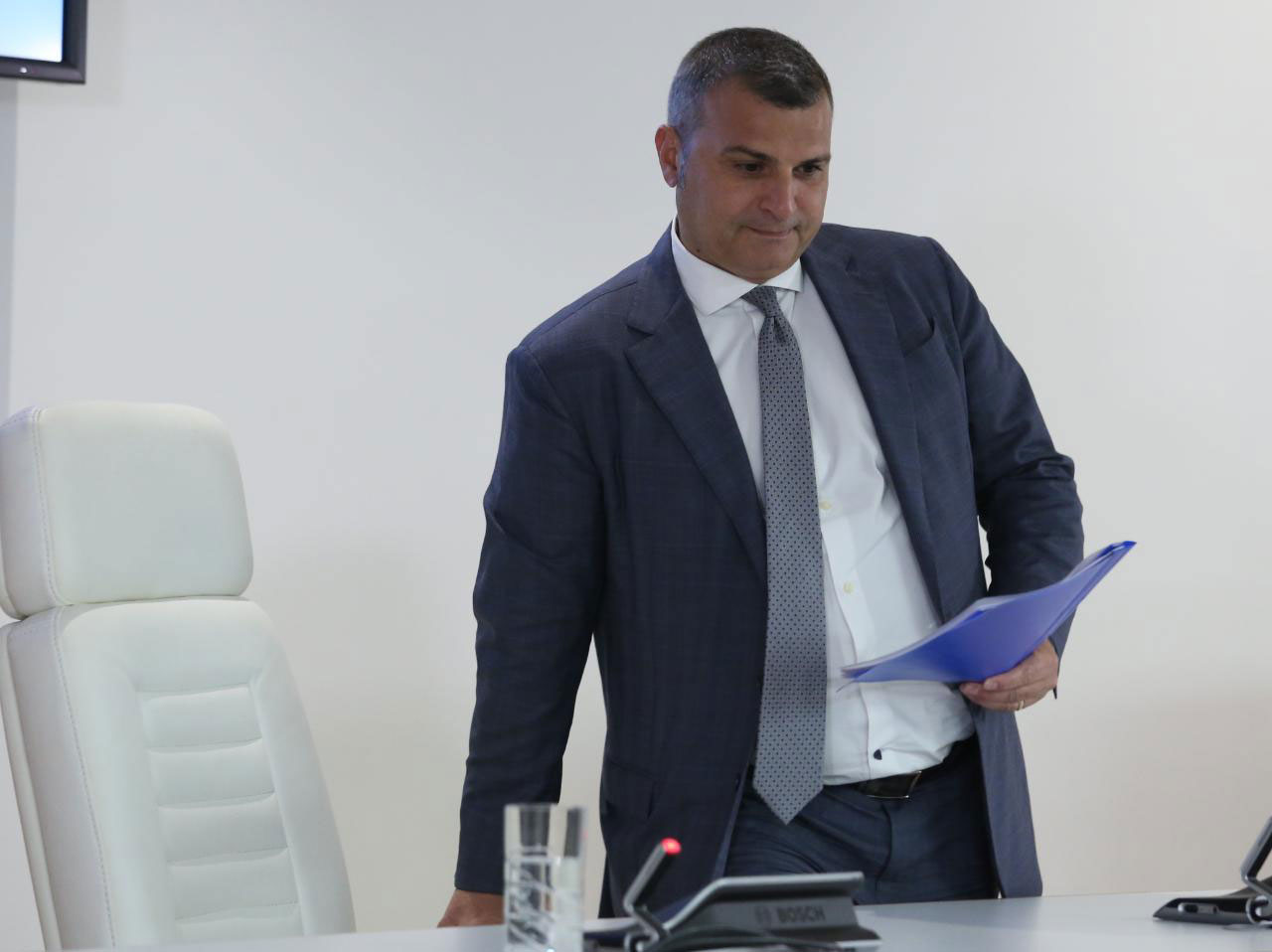
The strong lek has contributed to low inflation compared to regional peers, and while the euro has shown some strength recently, the lek is unlikely to drop significantly, especially with the upcoming tourism season expected to bring in more euros.
Latin America
Investors pounce on Latin American assets
Latin American bonds and currencies are attracting the attention of big asset managers due to the region’s high interest rates, low inflation and resilient economies, the FT reports. The region’s currencies have been among the top performers globally, benefiting from early and decisive rate hikes by central banks.
Local bond returns have also outpaced those of developed markets, as investors are drawn to inflation-adjusted yields. As real yields continue to grow, more investors are looking to invest in Latin American currencies.

Central banks in Latin America took swift action to combat inflationary pressures after the pandemic, suppressing price growth quicker than other regions. Despite high rates, though, economic growth in the region’s major economies remained robust, and recent political changes that have seen a marked shift away from leftist policies are also easing investors’ concerns.
Lula fails to heal Mercosur rifts
Brazil’s President Luiz Inacio Lula da Silva assumed the rotating presidency of Latin American regional trade group Mercosur this week promising to heal rifts that had recently developed between some members. His effort was immediately undermined, however, by his attempt to bring Venezuela back into the group, Bloomberg reports.
Leaders of both Uruguay and Paraguay have criticized a decision by the Venezuelan government to disqualify opposition head Maria Corina Machado from running in the upcoming presidential elections and both leaders pushed back against Lula’s plan to initiate talks with Venezuela, which was suspended from Mercosur in 2017 on concerns about its democratic record.
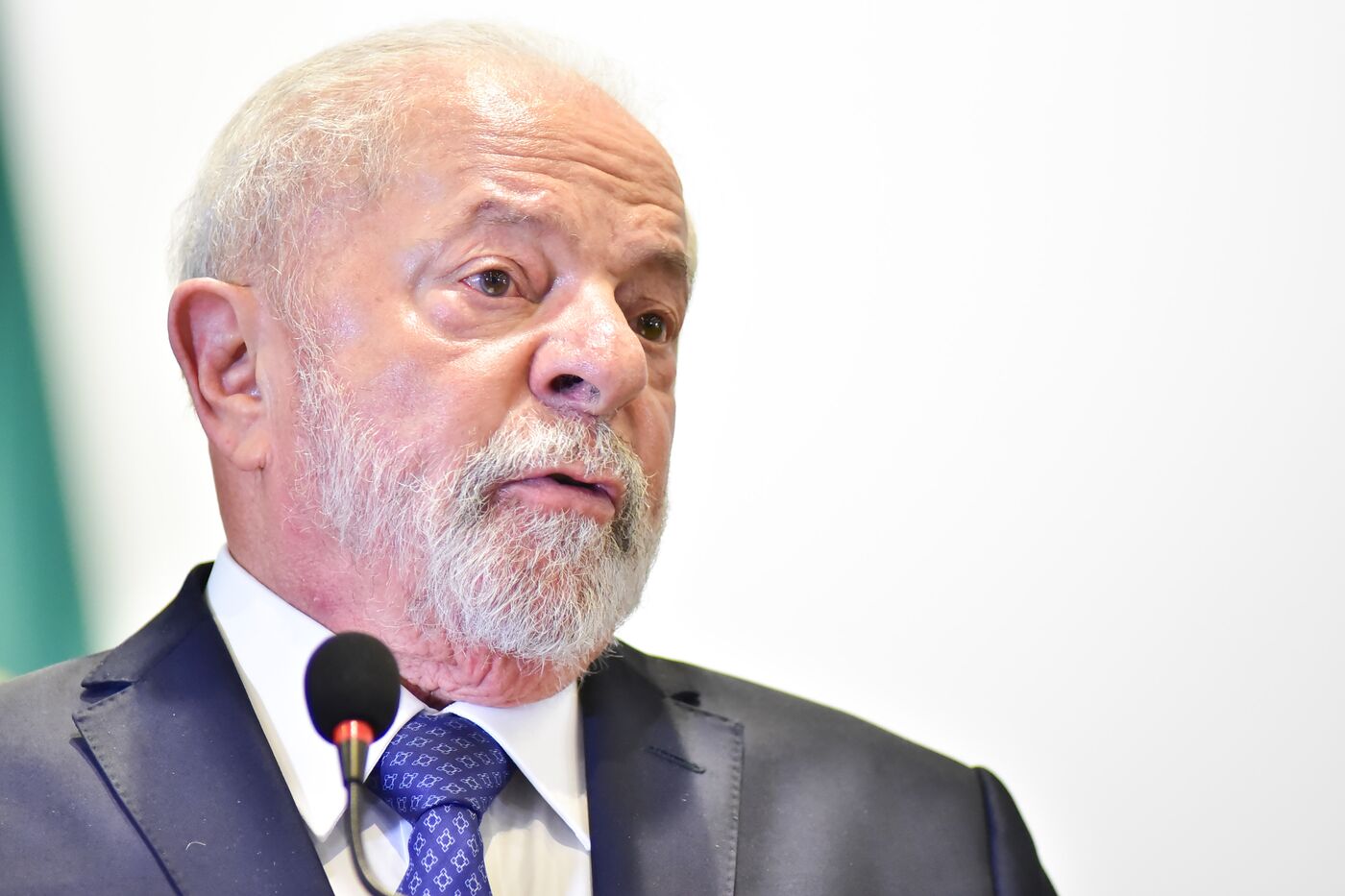
In addition to the Venezuela issue, Mercosur—whose members are Brazil, Argentina, Paraguay and Uruguay—faces challenges in striking trade deals with other markets, including the EU. Lula said he was keen to sign agreements with Canada, South Korea and Singapore, and also hopes to increase commerce with other countries in Latin America and Asia.
What we’re reading
US goes after Russia’s gold operations in Sudan, Mali and CAR (The Africa Report)
Kenyan police use tear gas to stop protests over tax hikes (Al Jazeera)
Nigeria poised to save $28b after ending fuel subsidies (Bloomberg)
Naira rate could plummet without capital injection (The Africa Report)
How campaign promises crashed Ghana’s economy (Foreign Policy)
Why African countries are turning to green bonds (Semafor)
Hunan’s China–Africa trade expo reaps $10 billion (South China Morning Post)
India increases Africa lending in race to counter China (Bloomberg)
Foxconn to invest $250m in Vietnam to produce EV parts (Nikkei)
Pakistan’s businesses urge more help for crisis-hit economy after IMF deal (FT)
Pakistani barter trade with Afghanistan, Iran and Russia stuck in neutral (Nikkei)
Sri Lanka’s domestic debt plan is ‘a significant step’ (Fitch Ratings)
Migrant workers in Asia approach pre-pandemic levels (Nikkei)
LNG ‘inequality’ bites as Europe takes supply from Asia (FT)
Turkey and Egypt appoint ambassadors to restore diplomatic ties (Al Jazeera)
Saudi Arabia and UAE to invest $6b in Iraq (Zawya)
US navy ‘intervened to stop Iran seizing’ two tankers in Gulf of Oman (CNN)
Bahrain signs deals to invest $1.3b in UK economy (Reuters)
Qatar charges 16 people with bribery and money laundering offenses (The National)
New budget and solid fundamentals underpin opportunities for MNCs in Iraq (FrontierView)
Geopolitical strife fuels dangerous parallel crises in Balkans (Balkaninsight)
Moldova prepares law to curb fugitive oligarch’s malign influence (Balkaninsight)
Ukraine’s Volodymyr Zelenskyy seeks more military aid on Bulgaria visit (FT)
Argentina mining exploration hit decade-high in 2022 (Reuters)
Argentina ‘to stop buying Bolivian gas’ next year (Mercopress)
Bolivian leader favors switching from US dollars to yuan (Mercopress)
Guatemala’s democracy ‘at risk’ after court delays vote results (FT)
Honduras government ‘caught in remittances trap’ (Americas Quarterly)
Colombia’s Petro slumps from 20% to 61% disapproval (Mercopress)
Peruvian coca continues expansion as new regions gain importance (InsightCrime)
Fears grow over AI’s impact on countries with large young populations (Nikkei)


